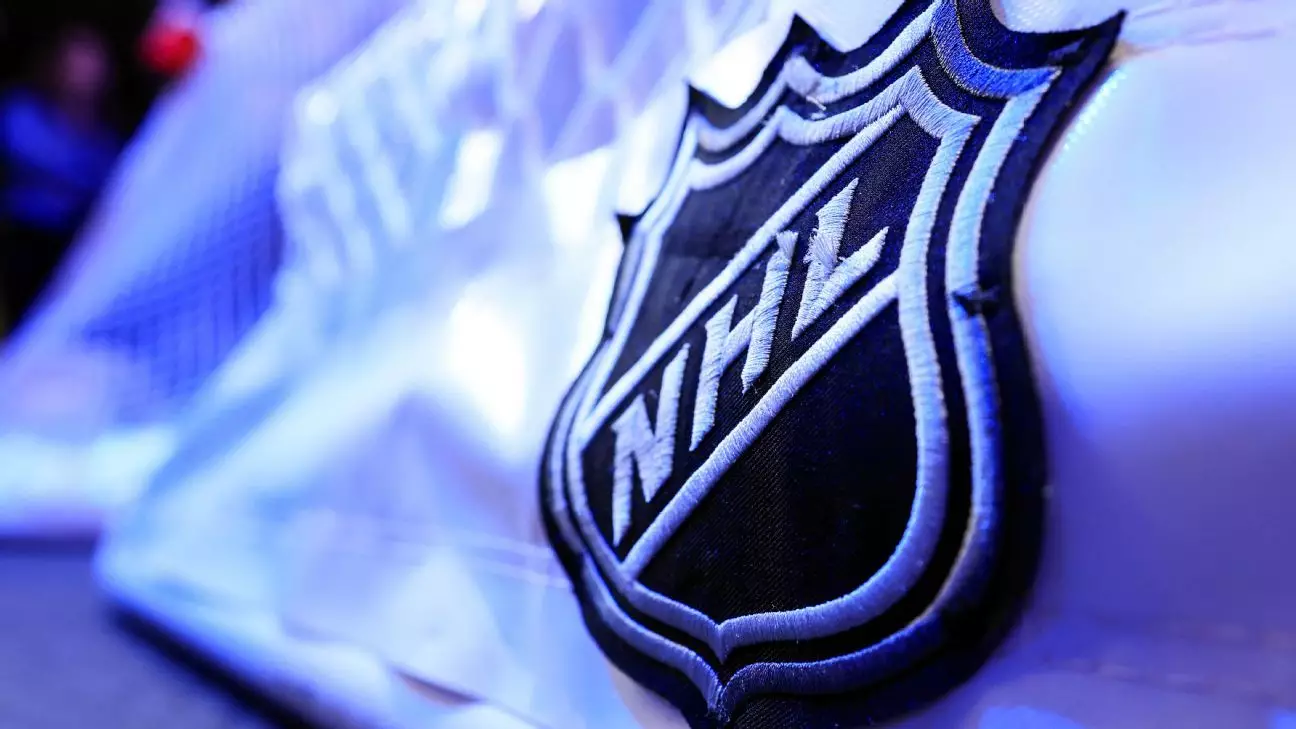The intersection of politics and sports is often a tumultuous one, yet it can lead to surprising outcomes. Recently, a phone call between Presidents Donald Trump and Vladimir Putin revealed an unexpected proposal: organizing hockey games between the United States and Russia. While this initiative may seem lighthearted on the surface, it raises complex questions about soft diplomacy and the prospects of human connection amidst geopolitical tensions.
Trump’s endorsement of hockey matches between American NHL players and Russians from the KHL (Kontinental Hockey League) offers an intriguing lens through which one can evaluate the state of U.S.-Russia relations. Both leaders seem to have found common ground in a sport that has passionate followings in both nations. The NHL’s initial reluctance to engage with the subject adds another layer to this discussion, emphasizing the delicate balance between sports and politics.
The Hockey Landscape Post-Ukraine Invasion
However, the backdrop of this sports proposal is anything but simple. The relationship between the NHL and Russian hockey organizations has been severely strained since Russia’s invasion of Ukraine in February 2022. As the conflict escalated, the NHL took a firm stand by suspending dealings with KHL teams, thereby reinforcing a cultural and political separation through sport. This decision underscores the notion that while the ice rink can act as a neutral zone for competition, the surrounding geopolitical climate plays an essential role that cannot be ignored.
Indeed, the International Ice Hockey Federation (IIHF) has taken a hard stance as well, banning Russian teams from international competitions alongside Belarus due to the ongoing conflict. Such restrictions indicate a broader trend where sports organizations must navigate the intricate web of global politics while attempting to foster unity and competition among athletes. Events like international tournaments that once celebrated universal camaraderie are now overshadowed by a palpable tension that defines contemporary relations.
The Role of the Olympics and Future Prospects
The forthcoming Winter Olympics in Milan adds more urgency to the dialogue about Russia’s participation in international sports. The IIHF has made clear its intentions to maintain the ban through the winter games of 2026, leaving open the question of whether the International Olympic Committee (IOC) will side with these regulations. With NHL players anticipated to participate, the question hangs over the ice: Will the world witness a unity forged through sport, or will the divisions deepen, crashing into the very arena designed to promote togetherness?
This situation seems to embody a classic sports narrative, where players must navigate not only their own skills and dynamics but also the intricacies of political currents. The stakes are not merely national but global, with athletes expressing the plight of their nations on the world stage. During the recent NHL 4 Nations Face-Off, the political atmosphere was charged, reminding everyone of the heavy weight of national anthems played amid the backdrop of their respective conflicts.
Trump, Putin, and Brandishing Hockey Sticks as Diplomats
Surprisingly, this proposal has surged into the limelight, bringing a sense of hope for the possibilities of sports diplomacy. The idea that leaders can discuss low-stakes events like hockey games might suggest an esoteric approach to softening relations. Nonetheless, it poses questions about the sincerity of such overtures in the face of stark realities. Would these matches be merely a PR opportunity or a genuine endeavor to foster connections between two nations?
As athletes took to the ice, the weight of their nations’ shadows loomed large. Team Canada’s coach Jon Cooper’s comments post-game strikingly reflected the heightened intensity athletes faced during these politically charged encounters. For many players, every goal scored and every save made was effectively a signal—an act of national pride, transcending mere athletic achievement. This complexity of emotions highlights the unique position that sports holds in public consciousness, where victories mean much more than wins on the scoreboard.
In this evolving narrative of hockey as a form of diplomacy, the possibility of uniting players from opposing nations brings with it a glimmer of hope. Uniting over common interests can lay the groundwork for dialogue and understanding, which is crucial in contemporary international relations. While the path ahead remains fraught with challenges, the power of sports as a bridge to connect seemingly disparate worlds cannot be overlooked.


Leave a Reply